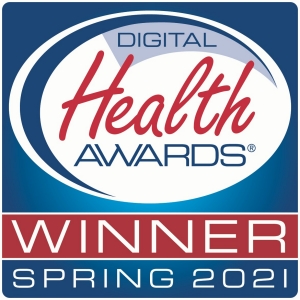Who We Are
About TeenHealthFX | Online Resource For Teenage Health & Wellness
TeenHealthFX.com is an award winning website providing an online resource for teenagers asking questions about their health, body, sexuality & more.
TeenHealthFX.com is a teenage health website project funded by Atlantic Health System’s - Morristown Medical Center. The site is maintained with input from teenagers and support from health experts and leaders. Atlantic Health System Children's Health & Goryeb Children's Hospital / Adolescent and Young Adult Center for Health are responsible for the content and operation of the site. The professional staff who answer questions from our vast teenage audience and provide oversight include clinical social workers, health educators, adolescent medicine physicians, pediatricians and pediatric subspecialist's, psychiatrists, psychologists, nurses, nutritionists, and many other health professionals.
The goal of TeenHealthFX.com is to provide teens with an online resource for any and all of their questions regarding health, relationships, their body and their sexuality. In addition to being an online health resource for teens, for those who live in Northern New Jersey the site is intended to help access medical, mental health, and other support services. The vision of TeenHealthFX.com is to empower adolescents to improve their health through individual responsibility.
TeenHealthFX.com has been live on the Internet since September 1999. It has been featured both nationally and locally in USA Today, New York Times, Daily Record, Star Ledger and Scholastic Choices. On television, TeenHealthFX has been highlighted on ABC News and NJN News.
A number of awards have been earned by TeenHealthFX.com including:
- 2021 - Digital Health Awards, Merit Winner
- 2016 - Digital Health Awards, Merit Winner
- 2012 - Web Health Awards and Web Health Awards/Mobile Bronze Award in the Mobile Format Division.
- 2007 – Best Online Health Information Silver Award for the World Wide Web Health Awards sponsored by the Health Information Resource Center
- 2005 - Best Overall Site Award for the Medicine on the Net awards sponsored by COR Healthcare Resources
- 2003 - EHealthcare Gold Award for Best Site Design
- 2001 - American Hospital Association NOVA Award
- 2001 - The New Jersey Hospital Association Health Research Educational Trust Award in the "Mother & Child Category"
The teenagers, community members, and professional staff involved with TeenHealthFX.com are very proud of the website and the awards that have been earned. We are always looking for ways to keep the website informative, current, and user-friendly so that we can ensure its continued use as a valuable online health resource for adolescents.



